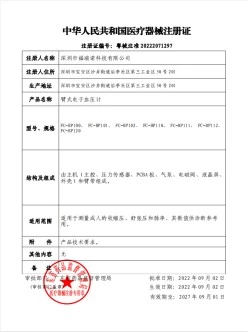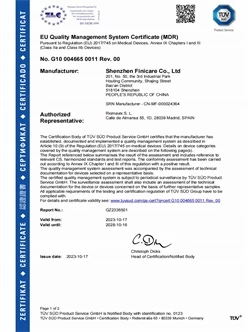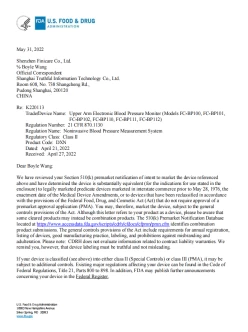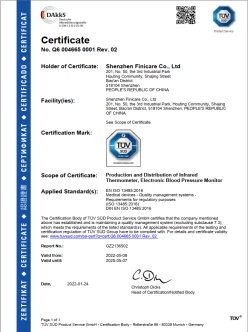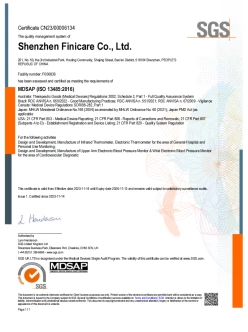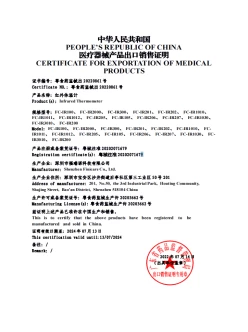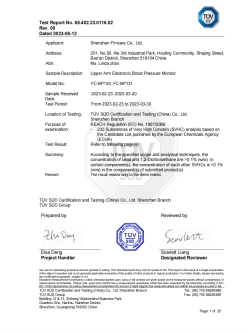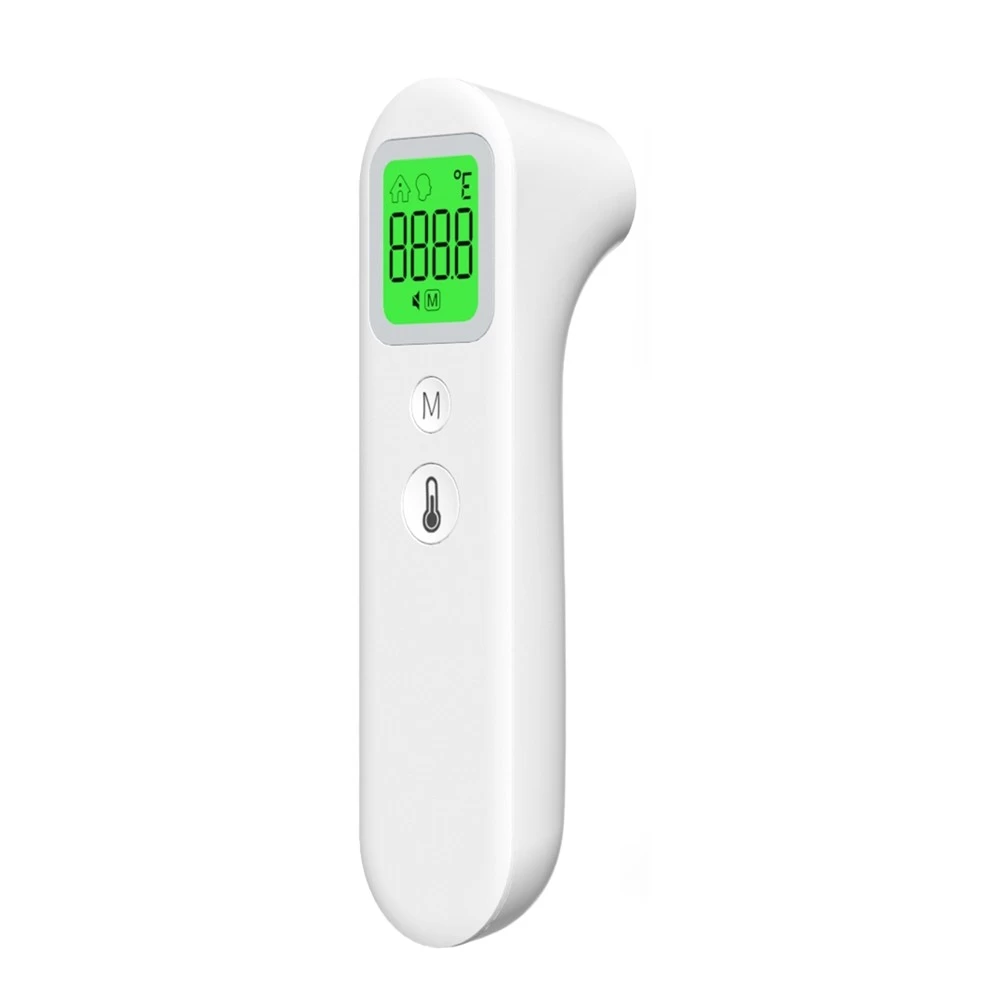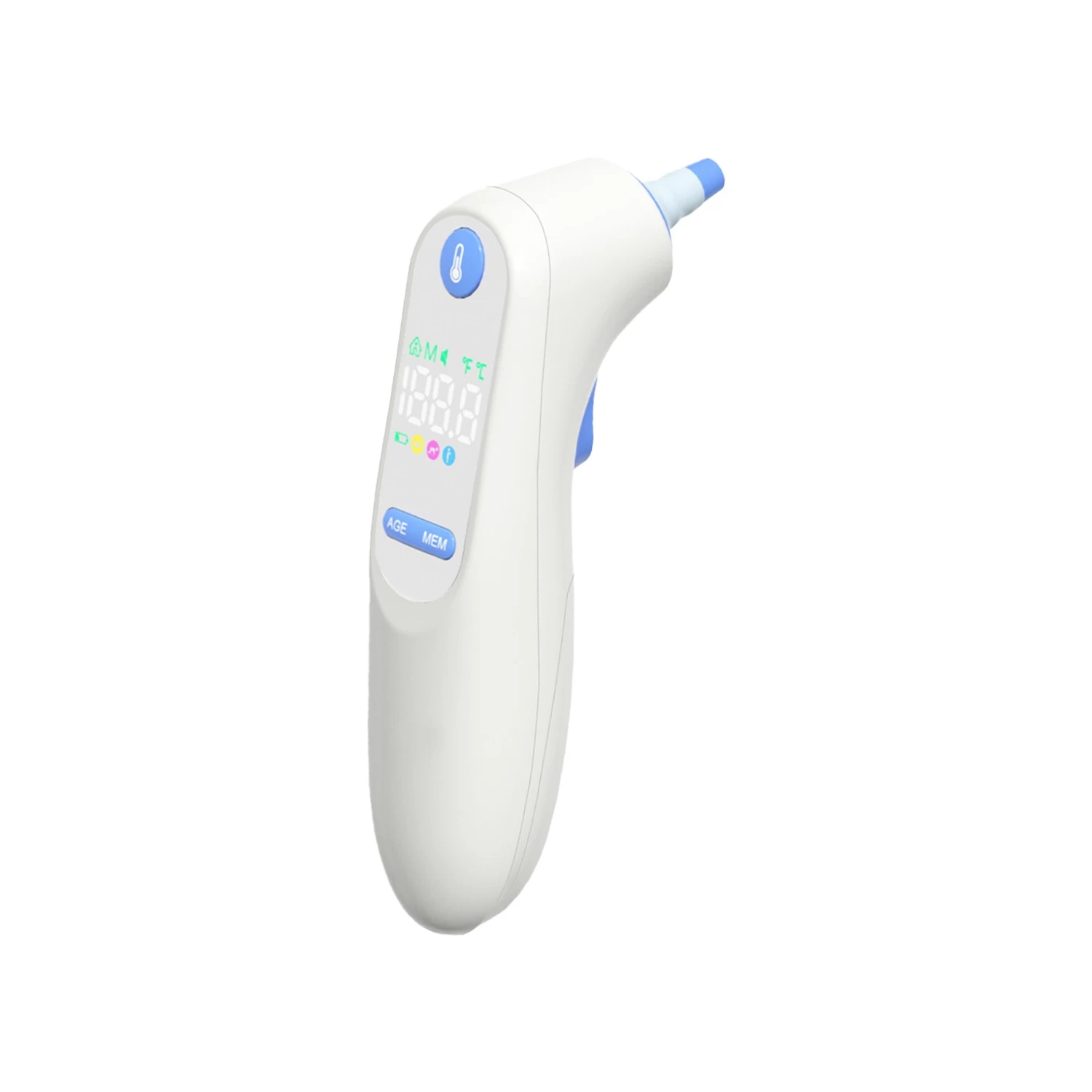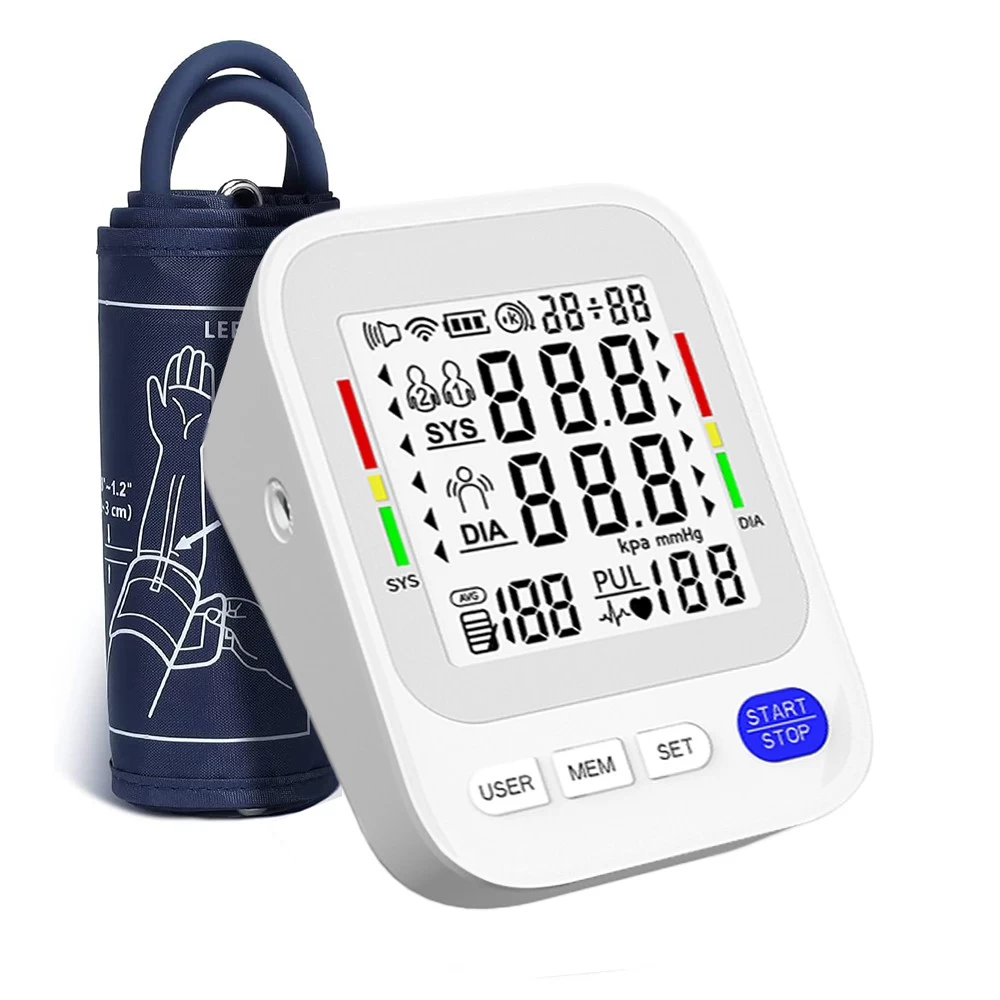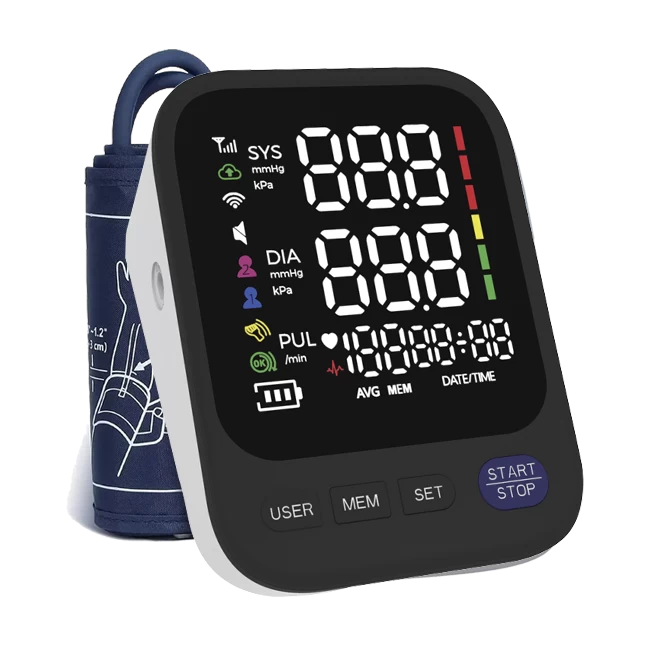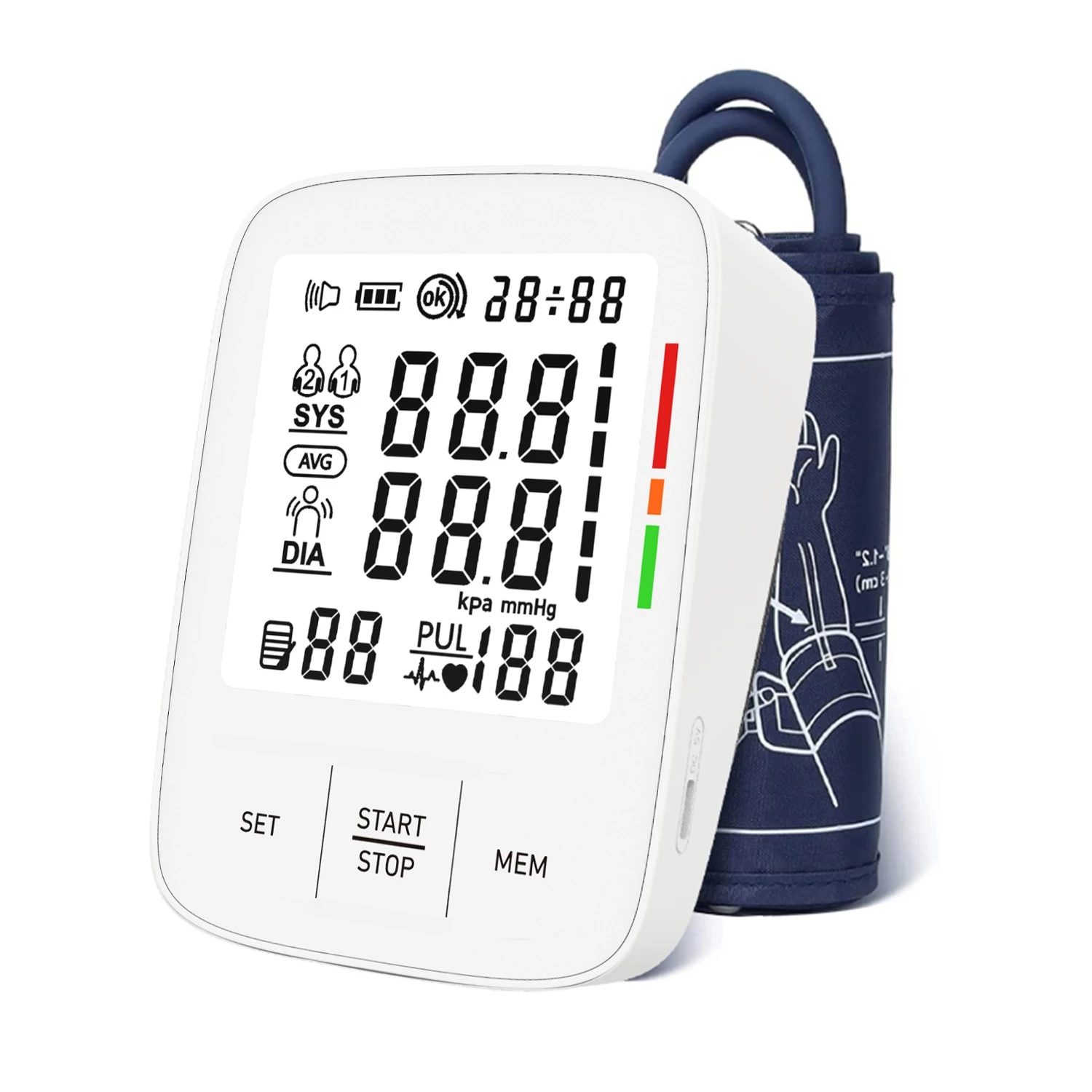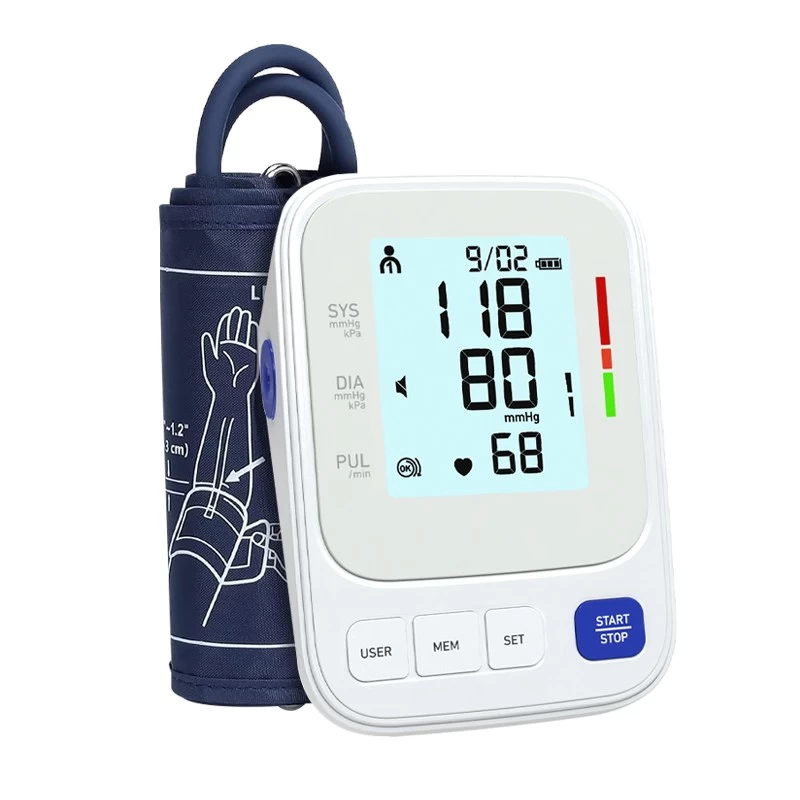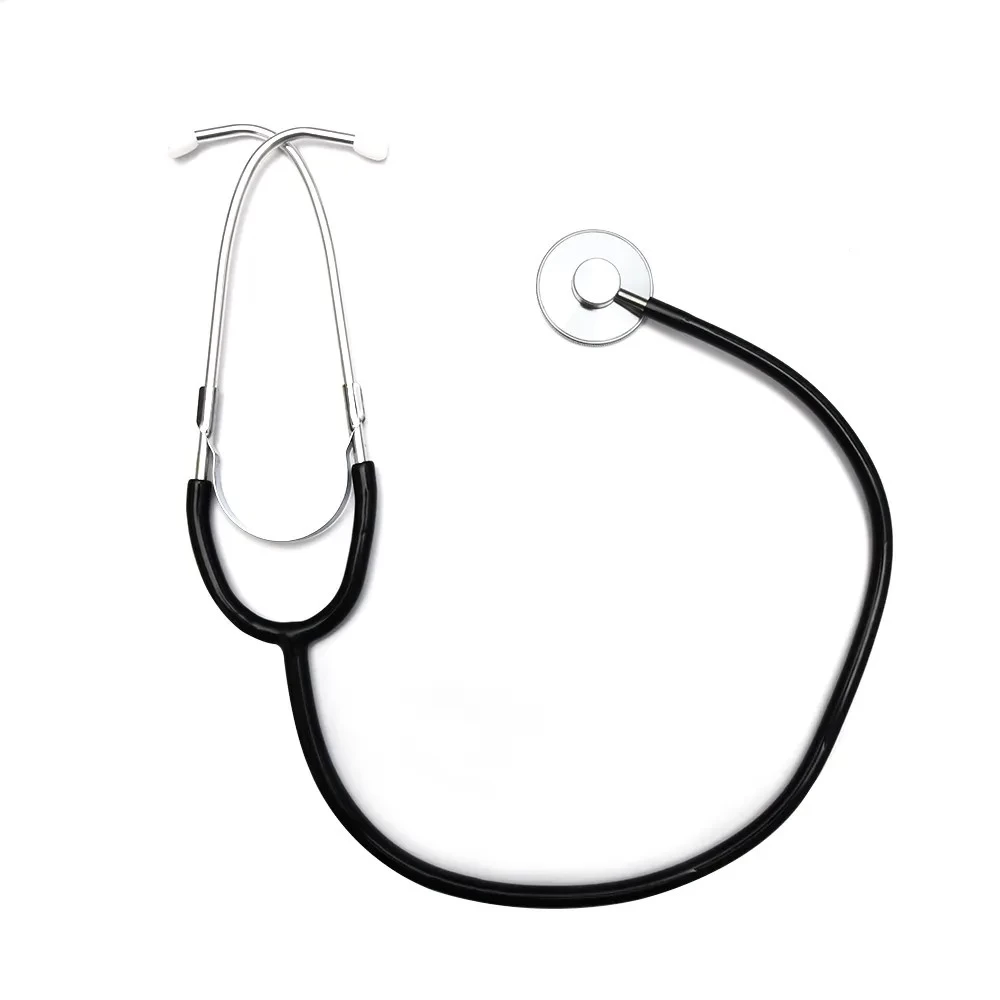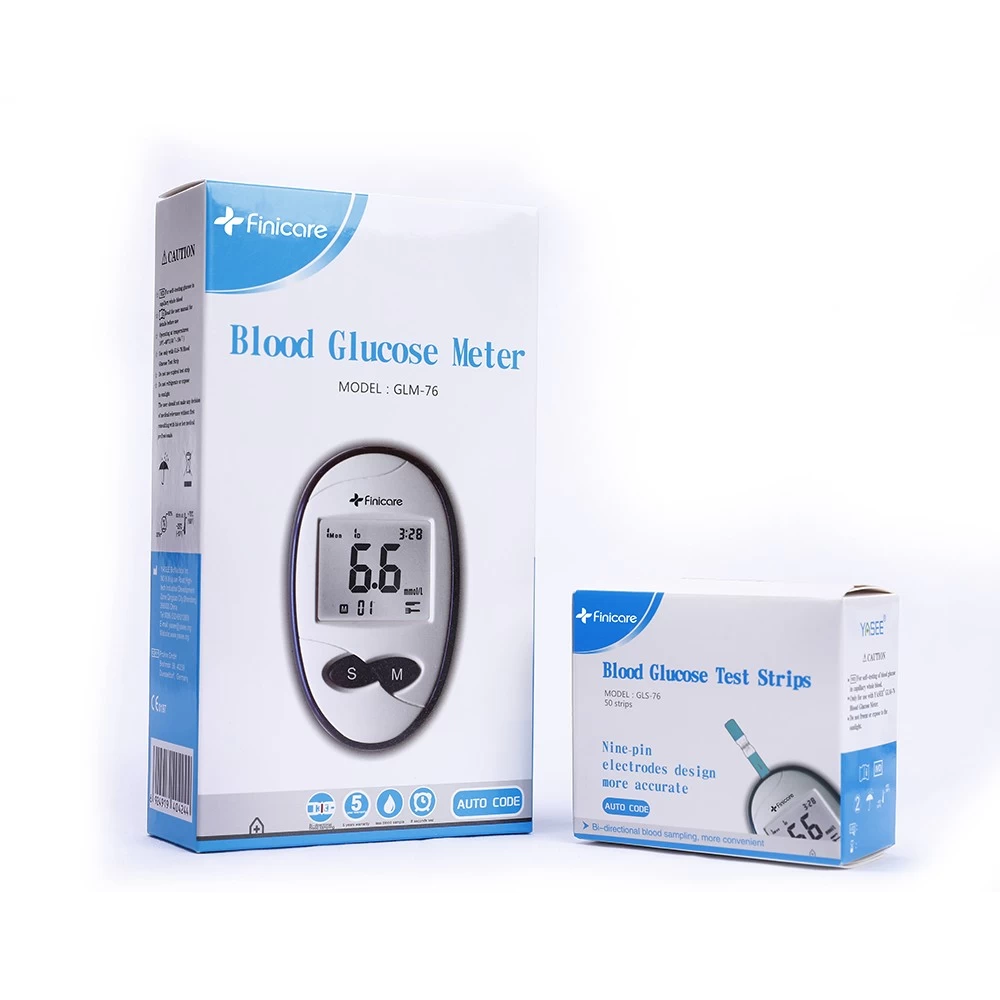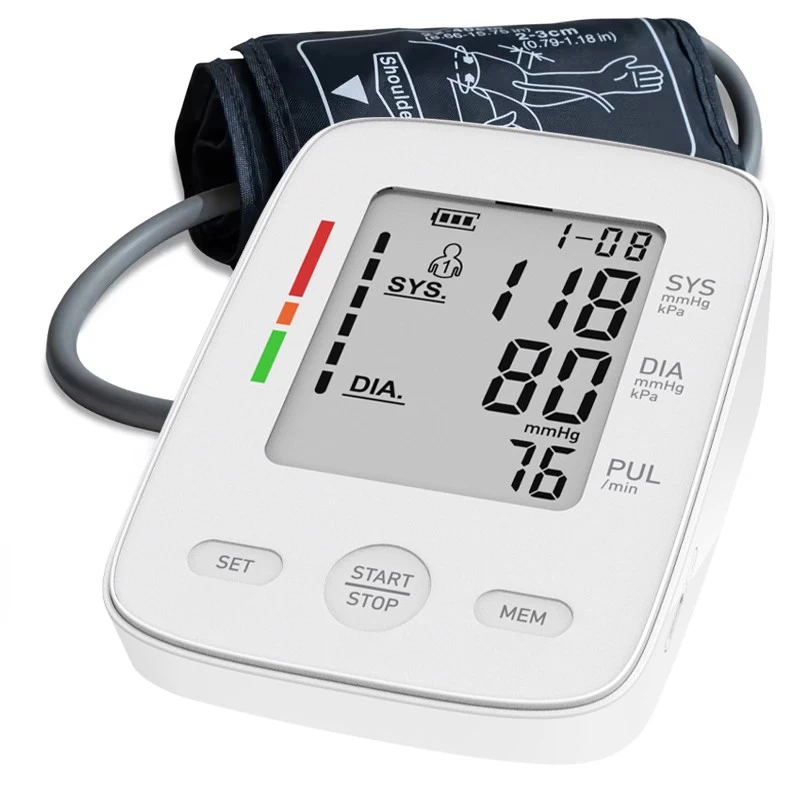Enhancing Your Wellness Journey with a Blood Pressure Monitor
Walking with health: How to improve the quality of life with a blood pressure monitor:
Health is not just a state, it is a journey. In this journey, we constantly adjust our pace and pay attention to every signal of the body. And the blood pressure monitor is a trustworthy partner in this journey. It helps us to regularly understand the changes in the body, maintain cardiovascular health, and make us more confident and in control in our daily lives.
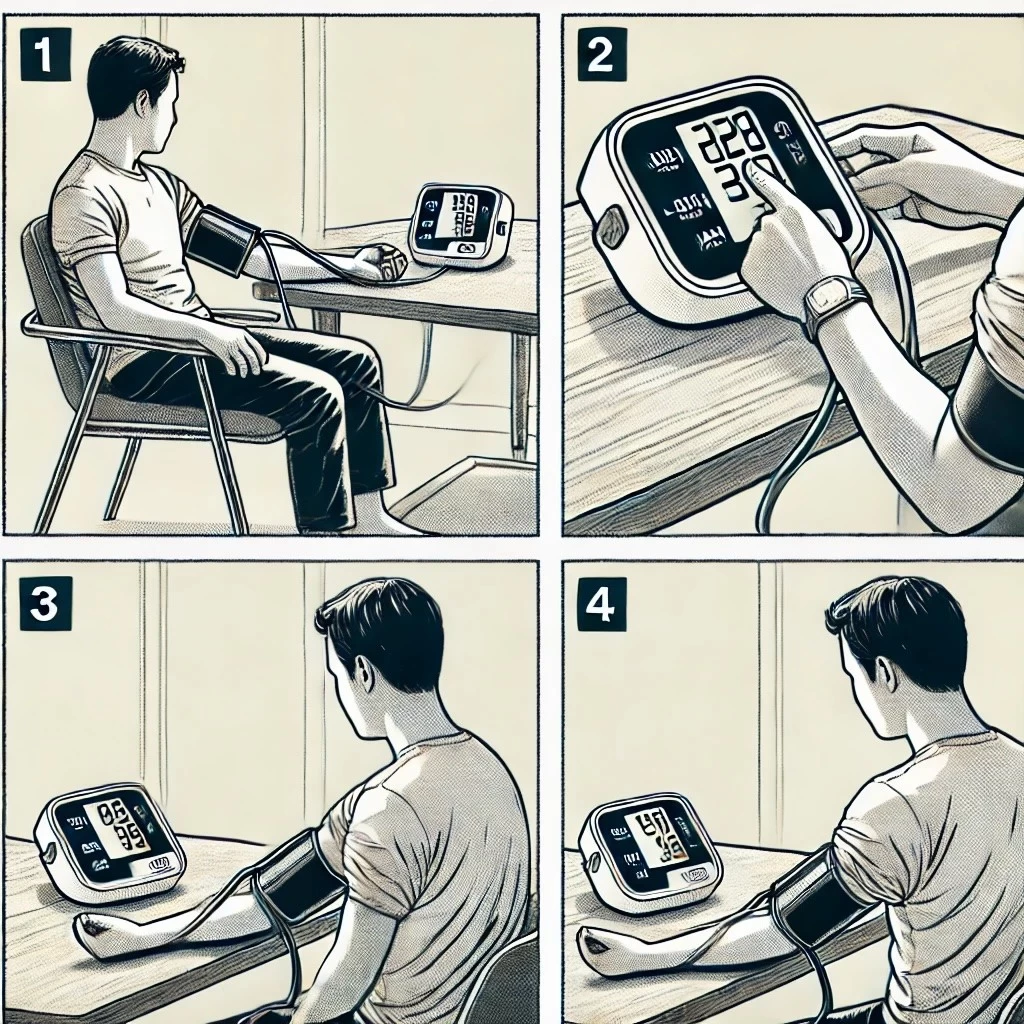
Chapter 1: The role of the blood pressure monitor - not just a tool:
The blood pressure monitor is not just a digital calculation tool, it represents our concern and responsibility for our own health. In the past, regular blood pressure measurement relied on hospital examinations, but now, with the advancement of technology, blood pressure monitors allow us to track our blood pressure anytime and anywhere, avoiding waiting and unnecessary anxiety.
Every measurement is not just a record of blood pressure, but also an opportunity to establish a dialogue with the body. It allows us to better understand the state of the body, discover potential problems in time, and make adjustments. Therefore, blood pressure monitors should become a part of everyone's health management, not just people with high blood pressure.
Chapter 2: How to integrate blood pressure monitoring into daily life:
It is not difficult to make blood pressure monitoring a part of daily life. Here are some simple steps to help you easily integrate into health management:
Timed measurement: Choose a fixed time every day, early in the morning or at night, to measure blood pressure. Sticking to the same time every day will help you establish a routine and get more accurate data.
Comfortable environment: Keep your body and mind relaxed when measuring blood pressure. Choose a quiet and comfortable place, and avoid strenuous exercise or drinking coffee before measuring. Keep sitting when measuring, with your feet flat on the ground and your arms naturally relaxed.
Record and reflect: After each measurement, record your blood pressure value, and even record your emotions, diet and exercise. This will not only help you see trend changes, but also let you understand the relationship between health and lifestyle habits.
Active action: Adjust your lifestyle habits through data feedback. If the measurement result is high, don't just wait for the next check-up, but think about how to improve your blood pressure through diet adjustment, increased exercise, and reduced stress.
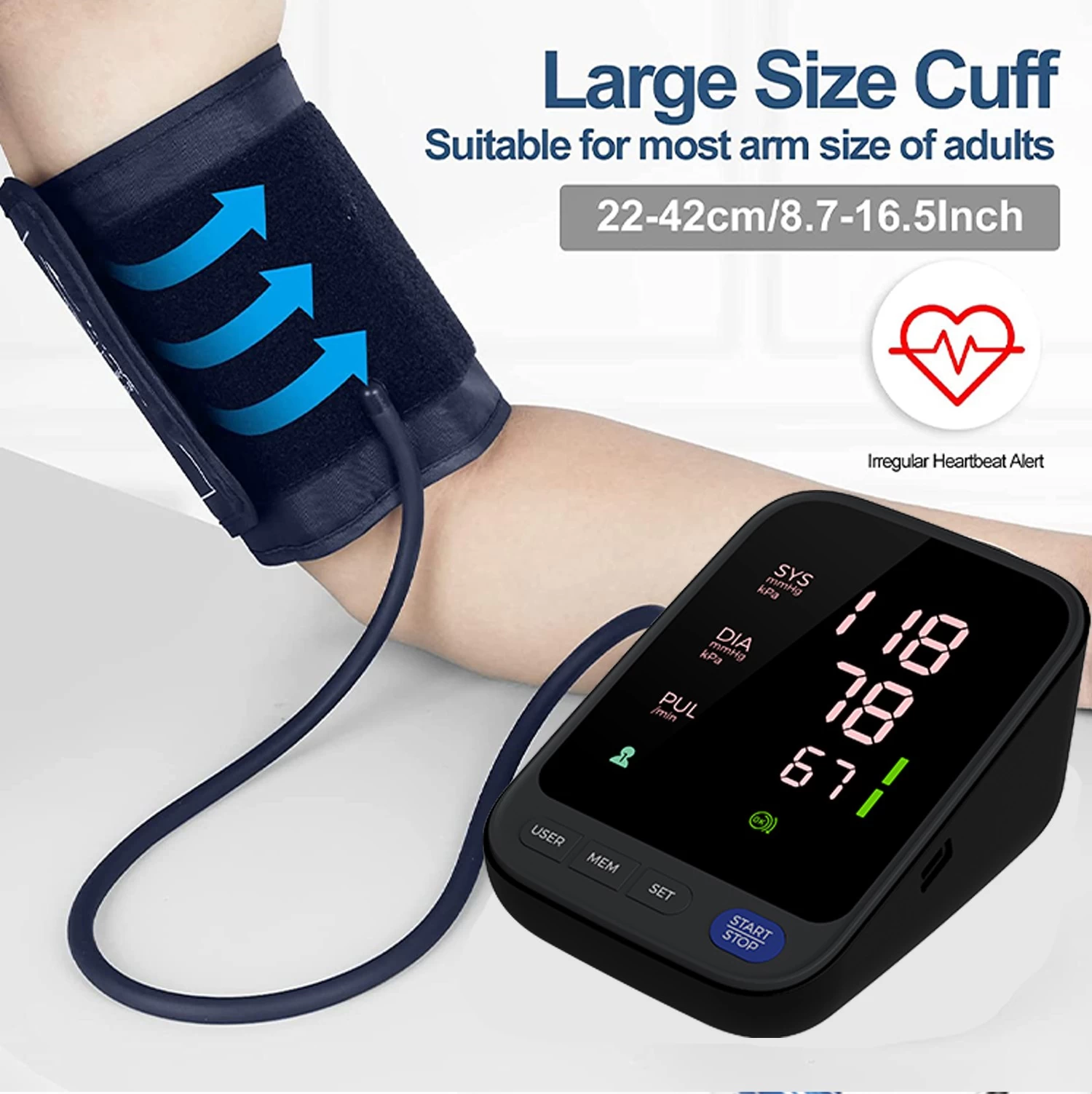
Chapter 3: Interpreting blood pressure data-making numbers more meaningful:
Understanding blood pressure data can better use this information to manage health. Blood pressure consists of two numbers: systolic pressure (high pressure) and diastolic pressure (low pressure). The ideal blood pressure level is systolic pressure below 120 and diastolic pressure below 80. The following are common blood pressure ranges:
1. Ideal blood pressure: below 120/80 mmHg
2. Normal blood pressure: 120-129/80-84 mmHg
3. Prehypertension: 130-139/85-89 mmHg
4. Hypertension: ≥140/90 mmHg
If you find that your blood pressure is in the prehypertension range or higher, you should consult a doctor in time and take necessary measures to adjust your lifestyle and eating habits.
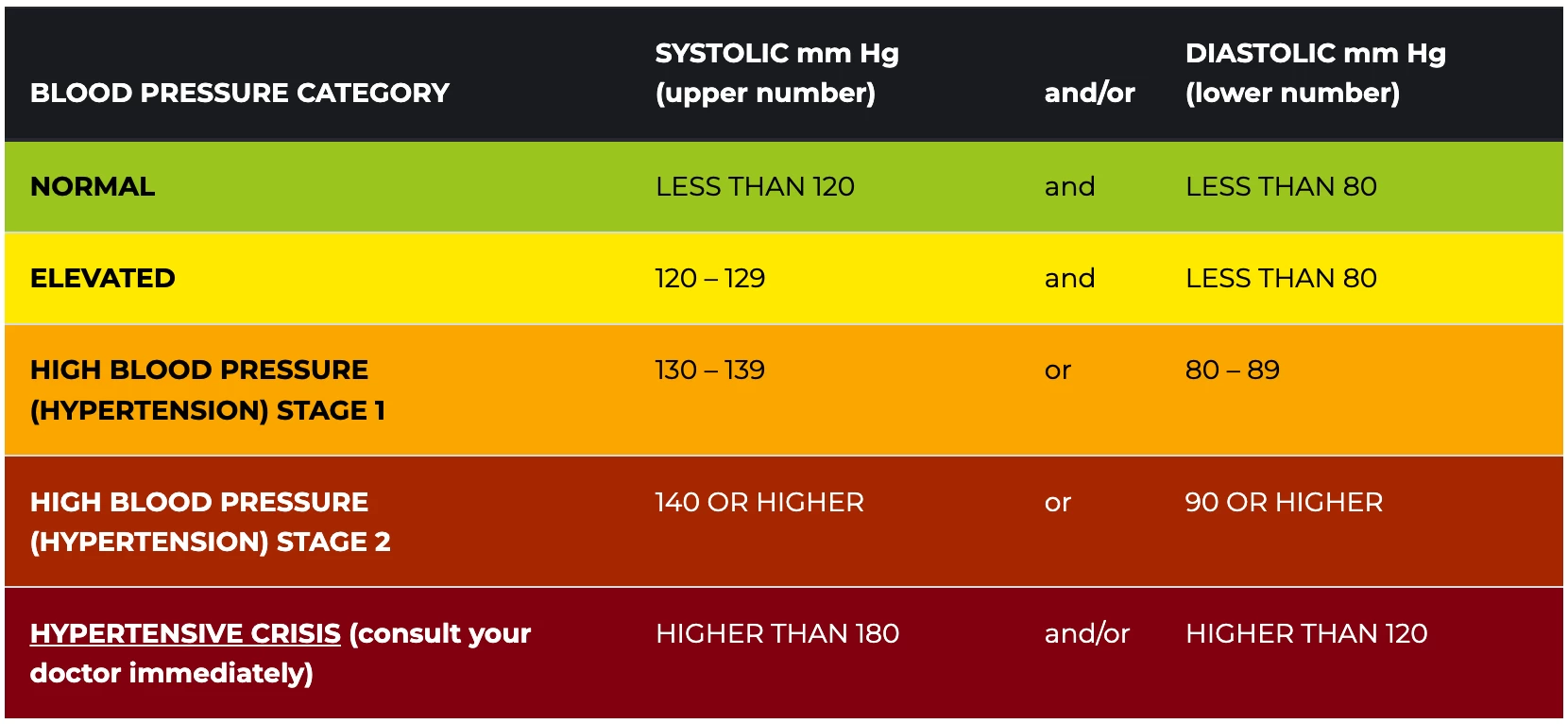
Chapter 4: Health Journey - Beyond Blood Pressure Monitoring:
The blood pressure monitor is a part of your health journey, but it is much more than that. Health is a system, and blood pressure management is only part of it. In order to improve your health level comprehensively, you can combine the following methods:
Healthy diet: reduce high-salt and high-fat foods and increase the intake of vegetables and fruits. A low-fat, high-fiber diet has a good regulating effect on blood pressure.
Exercise habits: Do at least 30 minutes of moderate-intensity exercise every day, such as brisk walking, swimming or cycling, which can effectively control blood pressure and improve cardiovascular health.
Stress relief: Long-term stress can cause high blood pressure. Learning some relaxation techniques such as meditation, yoga or deep breathing can help you calm your emotions and control blood pressure.

Chapter 5: Blood pressure monitoring and overall health management:
Blood pressure monitoring is part of health management, and it should be combined with a healthy lifestyle. Reasonable diet, regular exercise, and mental health are all important factors affecting blood pressure. Through healthy diet and lifestyle habits, you can effectively control blood pressure and reduce the risk of disease.
1. Diet: Reduce salt intake and increase foods rich in minerals such as potassium, magnesium, and calcium, such as vegetables, fruits, nuts, etc.
2. Exercise: Do at least 150 minutes of moderate-intensity exercise per week, such as brisk walking, swimming, etc.
3. Stress relief: Learn to relax, reduce work pressure, and maintain a happy mood.
Through a blood pressure monitor, you can not only track your blood pressure, but also keep a closer connection with health in all aspects of life.
Chapter 6: Go further with a doctor:
Blood pressure monitors can keep us informed of our physical condition, but they are not a substitute for professional medical advice. If you have any concerns about your blood pressure results, or if your blood pressure is persistently high, consult a doctor. With the help of a doctor, you can better develop a health management plan to ensure that your body stays in the best condition.

Conclusion: Blood pressure monitoring is always present in every step of your health:
Blood pressure monitors are an important tool for your health management, helping you make more informed decisions at every step of your life. By combining accurate blood pressure data with healthy habits, you will be able to better control your health and enjoy a more active and relaxed life.

